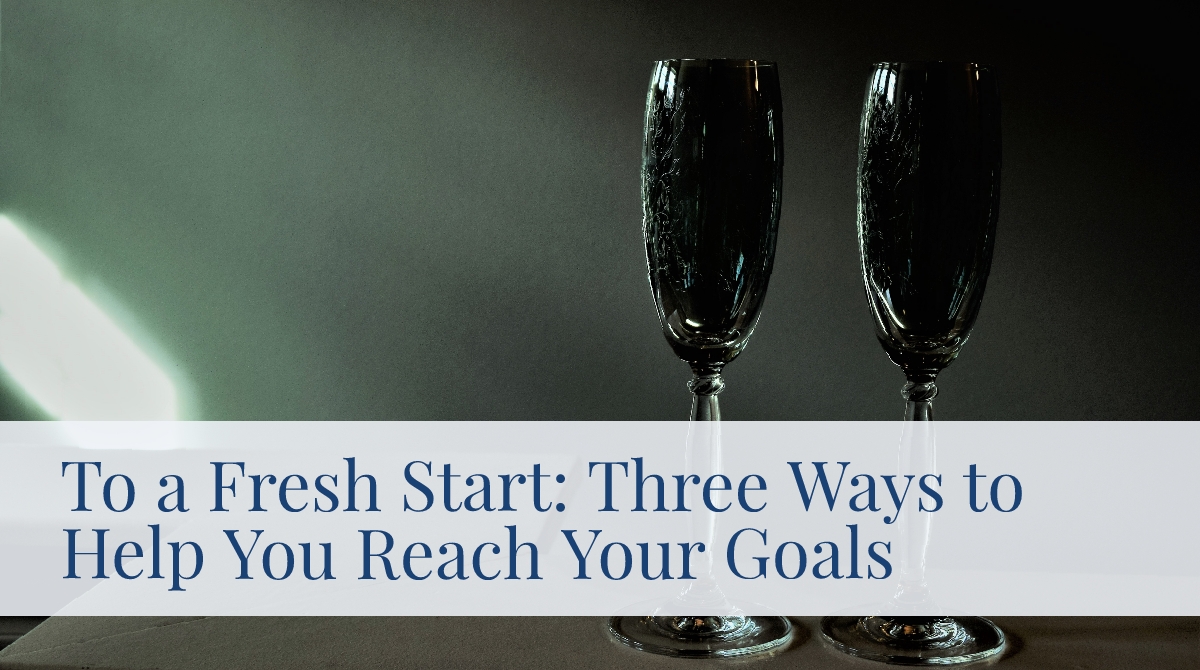Relationship Work Through Individual Therapy
/We tend to think of relationship work as something to be done through couples therapy or marriage counseling. However, it can also be accomplished through individual therapy. While I see couples, I see many more individuals who want to work on their relationship with a significant other by means of individual therapy.
Couples therapy can be very effective, but if both partners are not on the same page about receiving counseling, it can be a real challenge to even get them to their initial appointment. When this happens, it can prolong the opportunity to begin healing and can keep one partner or both from feeling better. On average, it can take couples seven years to seek professional help after experiencing difficulties in their relationship. That’s a long time to struggle on your own! Or, if the reluctant partner agrees to attend session, he or she may not be as active of a participant as the partner who requested therapy. This can lead to more frustration.
While it would be ideal to have both partners attend therapy with the same level of commitment, individual therapy can still prove to be worthwhile in making improvements in your marriage or relationship. By choosing to attend individual sessions, you are able to speak freely without hurting your partner’s feelings. You can explore your own behaviors and actions without judgment. You can learn effective communication strategies to help you talk with your partner about your concerns. You may even discover things about yourself that play out in your relationship.
So, if you are someone who is looking to improve the quality of your relationship but can’t quite get your partner on board, individual therapy can be a great way to get started. It is not uncommon to see the reluctant partner express interest after noticing their own partner begin to exhibit positive changes at home. You don’t have to wait seven years!



